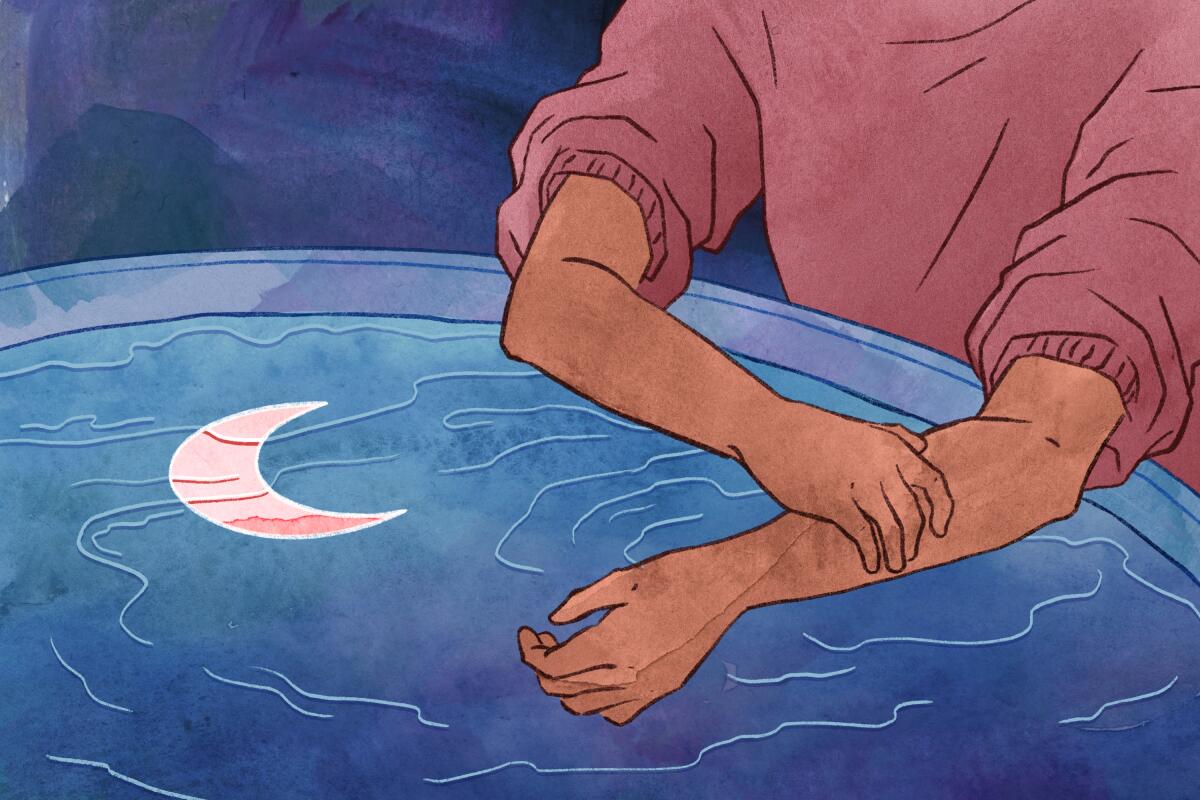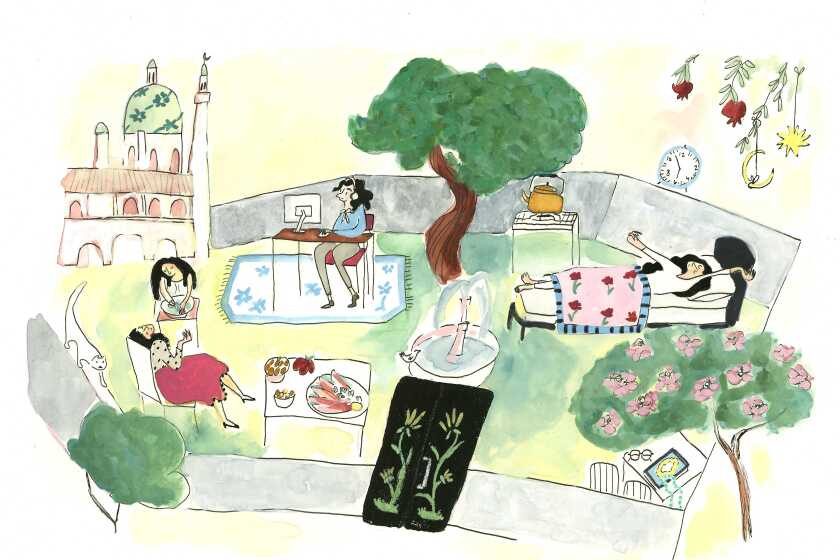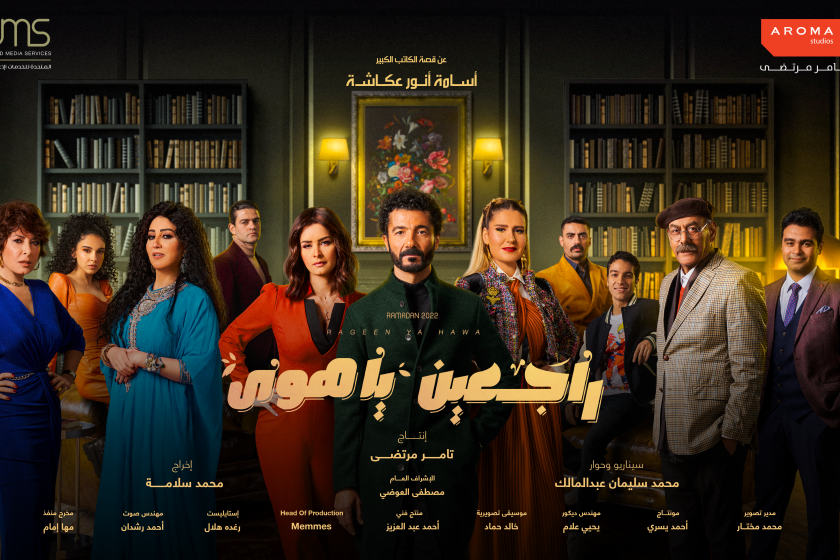Op-Ed: As the world opens up, I wonder: Am I ready for Ramadan?

As we enter the month of Ramadan, I am feeling different. Every year is unique, but pre-COVID, there was a routine that I always looked forward to. There was the comfort of praying in congregation, sharing a sense of unity, that we were all doing the same things, at the same time and in the same way.
For the past two years of COVID, the invitations ceased, and we all stayed home. Although COVID restrictions are lifting, some of us are still hesitant to gather. One of my dear friends hosts an iftar — the sunset meal to break the fast — that is always the highlight of the month. But she is undecided about whether to hold a large gathering in her home this year. Some friends have told her they definitely will not come because of the risk; others say they can’t wait. I am inclined to pass this year myself.
I feel a dark cloud hovering above me. Despite the easing up, I am not ready to embrace a lighter mood. Last year, I reflected on those who did not live to see Ramadan. I lost people to COVID. This year, there are more names on the list of those whom I miss. Some were victims of COVID, for others it was poor health or unexpected circumstances. As we enter another Ramadan, I remember them and regret not having been able to see them in their final days nor attend their burials because of the pandemic.
Getting through a month of fasting is hard, but there are things you can do to make it easier, and more meaningful, for yourself or your Muslim friends.
Each day on the news, I witness the continuing reports of war, refugees fleeing their homeland and refugees of another sort on the streets of Los Angeles, the permanently unhoused. Whether on another continent or on the streets in my neighborhood, I feel conflicted. Why can’t I — why can’t we — do anything to change these dire conditions for so many? How can so many people have to endure these calamities when so many of us have so much? I feel complicit in the suffering, and I feel helpless.
Then, as in every year, Ramadan comes. Though each year is different, I try to remind myself that the month brings a special comfort that is difficult to articulate. With fasting, the outside world becomes less sharp. Ramadan is a time to shift focus. Though I must continue to fulfill my work and family obligations, I readjust to fulfill the obligations of Ramadan. Rise, pray, read the Quran more, pray more; eat and sleep less. In my attention to the practice, there is constancy, and in the constancy, there is comfort.
Ramadan has been a constant for me since I decided to become a Muslim decades ago. Just like me, previous generations have clung to the comfort and constancy of Ramadan. Through times of war and peace, times of famine and abundance, through enslavement and colonialism, the observance of the month has continued for more than 1,400 years.
Now I reflect on the Muslims in eastern Ukraine. I watched footage of them continuing to gather for prayers, despite the bombardment of their cities, and no doubt, they will observe Ramadan in whatever way they can. I reflect on the Muslims, mostly poor Black and brown women and men who face their own struggles, including those who are incarcerated and will observe the month in prisons in California and throughout our nation. I reflect on the Uyghurs in China who may not even be allowed to observe the fast, but who will observe in the best way they can, if only in their hearts. I reflect on refugees — Syrians, Somalis, Rohingyas from Myanmar and now Ukrainians, and others who have fled their homes but who will continue to observe Ramadan.
From brand-new Ramadan titles to a bingeable Muslim American sitcom, we recommend 7 series to keep you entertained after iftar.
The month of Ramadan holds lessons for me to learn if I am open to receive them. I look forward to the month with the hope that I will be better at the end than I was at the beginning, that I will be in a stronger position to face personal, local and global challenges. The examples of Muslims around the world who are facing adversity yet will observe the holy month give me hope that although we struggle, though we may not be able to change circumstances, we can control how we react to our circumstances.
While I can’t change the dire conditions in the world, I can change what I do. I will send money to my friend who is a Muslim chaplain — each year she buys dates and other items used during iftar for the Muslim women in Southern California prisons. I asked my Ukrainian-born neighbor where to get a Ukrainian flag to hang in front of my home to show support and where to send donations.
The month of Ramadan helps us to be stronger in the face of adversity, and in that there is great comfort. With this thought, I embrace Ramadan and the dark cloud over me lifts.
Gail Kennard lives in Los Angeles. She contributed to the anthology “Muslim American Writers at Home: Stories, Essays and Poems of Identity, Diversity and Belonging.”
More to Read
A cure for the common opinion
Get thought-provoking perspectives with our weekly newsletter.
You may occasionally receive promotional content from the Los Angeles Times.












